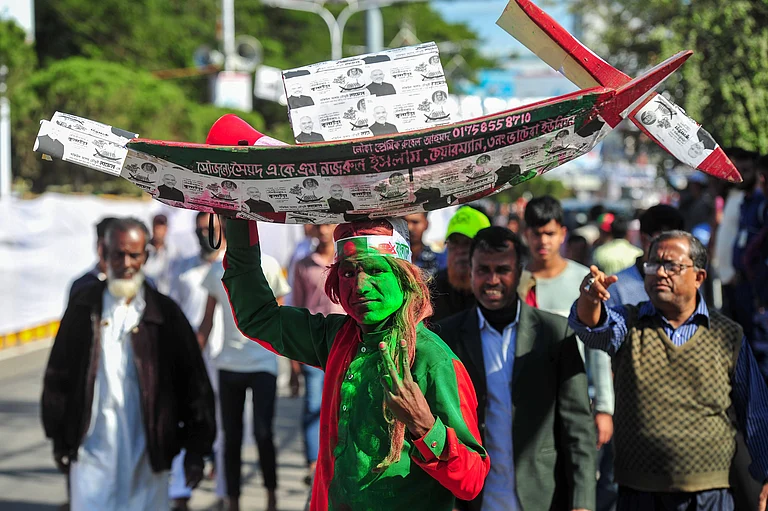The Enforcement Directorate’s powers under the Prevention of Money Laundering Act (PMLA) to take possession of a property before trial in exceptional cases leaves scope for arbitrary application, the Supreme Court said in a recent judgement.
A bench headed by Chief Justice N V Ramana said the ratio concerning Section 8(4) laid down by the PMLA judgement needs further explanation.
The apex court in its PMLA judgement delivered on July 27 had said that direction under Section 8(4) for taking possession of the property in question before a formal order of confiscation is passed should be an exception and not a rule.
Section 8(4) allows the ED to take possession of the attached property at the stage of confirmation of provisional attachment made by the adjudicating authority.
The 250-odd petitioners had also argued that handing an agency unchecked powers of arrest where the accused may not be informed about reason or evidence, is unconstitutional.
The court held that the ED is "not required to share the ECIR (Enforcement Case Information Report) copy" with the accused. This document, the court said, cannot be equated with an FIR (First Information Report).
“In Vijay Madanlal Choudary & Ors v. Union of India, this court dealt with confiscation proceedings under Section 8 of the Prevention of Money Laundering Act, 2002 (PMLA) and limited the application of Section 8(4) of PMLA concerning interim possession by the authority before the conclusion of the final trial to exceptional cases. “The court distinguished the earlier cases in view of the unique scheme under the impugned legislation therein. Having perused the said judgment, we are of the opinion that the aforesaid ratio requires further expounding in an appropriate case, without which, much scope is left for arbitrary application,” the bench, also comprising Justice Krishna Murari and Justice Hima Kohli, said.
The observations came in a judgement in which the top court held that Benami Transactions (Prohibition) Amendment Act, 2016, does not have retrospective application and the authorities cannot initiate or continue criminal prosecution or confiscation proceedings for transactions entered into prior to the coming into force of the legislation.
(with PTI inputs)


























